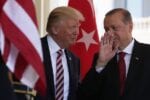On Friday, local news media reported that Turkish troops had entered northern Syria in a new effort to administer a de-escalation zone in Idlib. 12 armored vehicles carrying about 80 troops passed into the western province on Thursday. This is not the only reported case of Turkish vehicles accessing western Syria; many sources have confirmed that dozens of other convoys have crossed into the Aleppo province, ultimately heading to Idlib.
This transport comes following Turkey’s statement that they would be setting up observation posts to oversee the de-escalation zone. This de-escalation zone has been formed at the behest of a recent agreement made between Turkey, Iran, and Russia. Last week, Turkish President Recep Tayyip Erdogan announced that Turkey supports forces opposing President Bashar al-Assad’s government, while Iran and Russia have backed the Assad administration.
Idlib is the capital of the Idlib Governorate, and since July the area has been largely under the control of the Hay’et Tahrir al-Sham (HTS) alliance, a jihadist group formerly affiliated with al-Qaeda. Idlib is also located along the border of Afrin, a Kurdish enclave that Turkey wishes to restrict. Civilians in the province are constantly anticipating violent conflicts between the HTS and the Free Syrian Army, which has been described as a loose network of brigades opposed to the al-Assad regime.
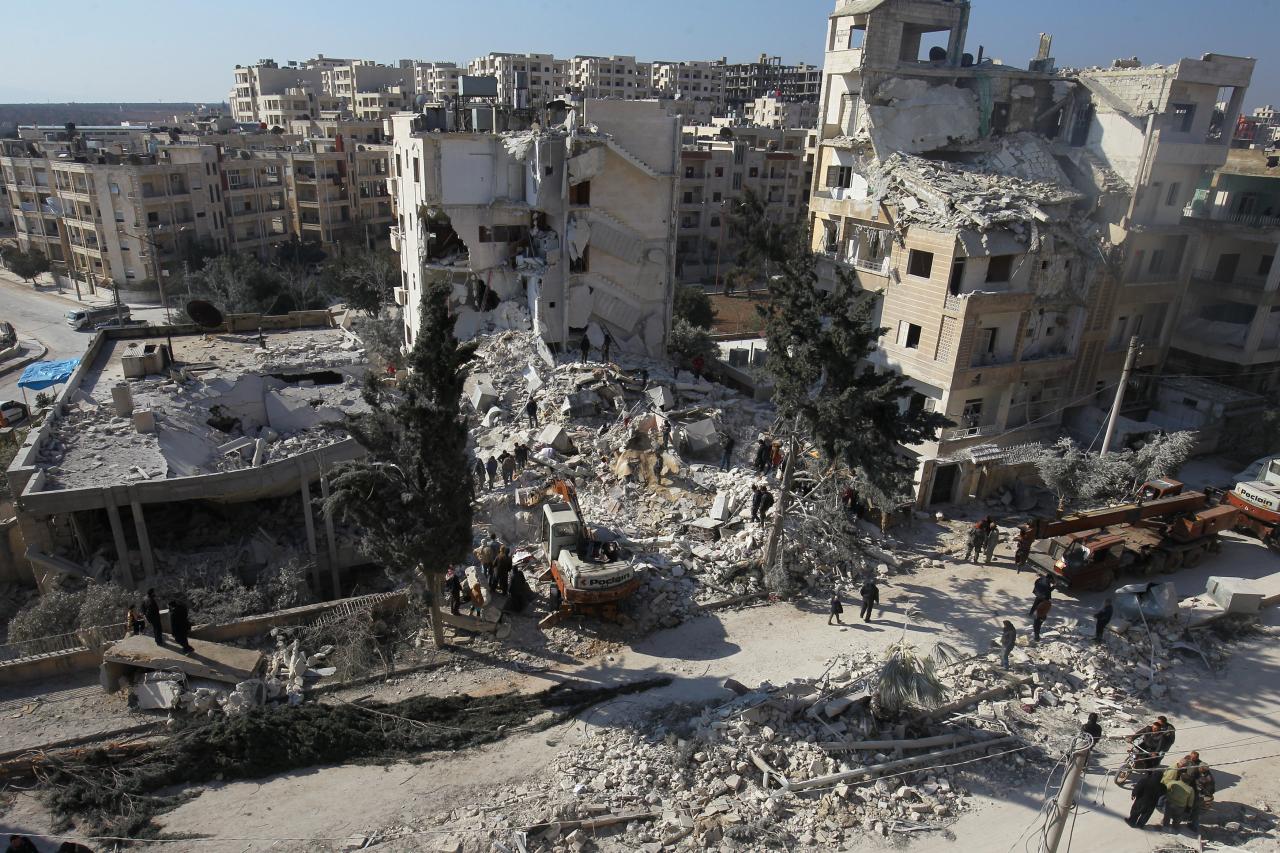
In a statement, the Turkish military asserted that it was merely establishing “observation posts” in the de-escalation zone, but more contention is expected.
Turkish forces will be expected to manage and prevent fighting in the area, but the Turkish posts are set up in near proximity to Kurdish entities inside Syria. Turkey has previously stated that it considers Kurdish factions to be terrorist organizations, especially the SDF and the YPG. Turkey has pledged not to allow these Kurdish forces to move any further westwards, so the potential for contention between the Turks and the Kurds is escalating quickly.
Residents of Idlib have reacted reasonably positively to the new Turkish presence. Turkey has aligned itself with a bitter enemy of the region in the process of implementing the de-escalation zone: Russia. Russian forces along with those of Syria’s own government have subjected the area to devastating airstrikes, bombing hospitals and schools in their campaigns. Idlib activist and English teacher Wissam Zarqa conveyed that Russia’s “mere presence in liberated areas will stoke fury after enduring years of their bombs.”
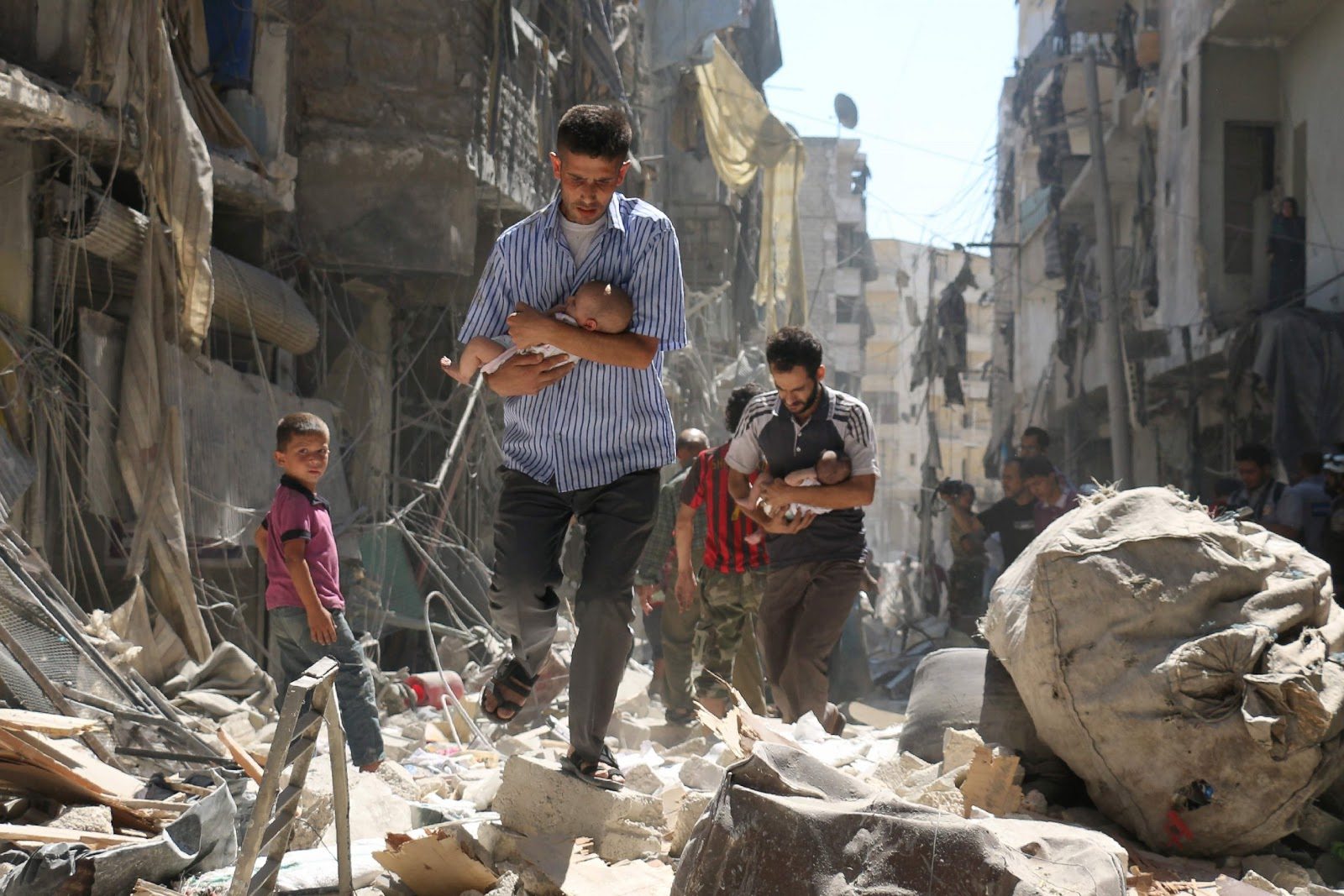
The main concern of many civilians, however, seems to be that of putting an end to the destruction and killing of the last six years. Lives in the region have been pervasively defined by the instability and war in Syria, and many have expressed a desire to just be left alone by foreign powers. One resident said that she would be happy if other countries would stop treating the country like a chess board.
The ambivalent reactions to Turkish troops in Idlib is perhaps indicative of the equivocal intentions of the Turkish forces. Time will tell what role the new “observation posts” will truly play in northwestern Syria.
LIMA CHARLIE NEWS, with Ashley Bogdan
Lima Charlie provides global news, insight & analysis by military veterans and service members Worldwide.
For up-to-date news, please follow us on twitter at @LimaCharlieNews
In case you missed it:


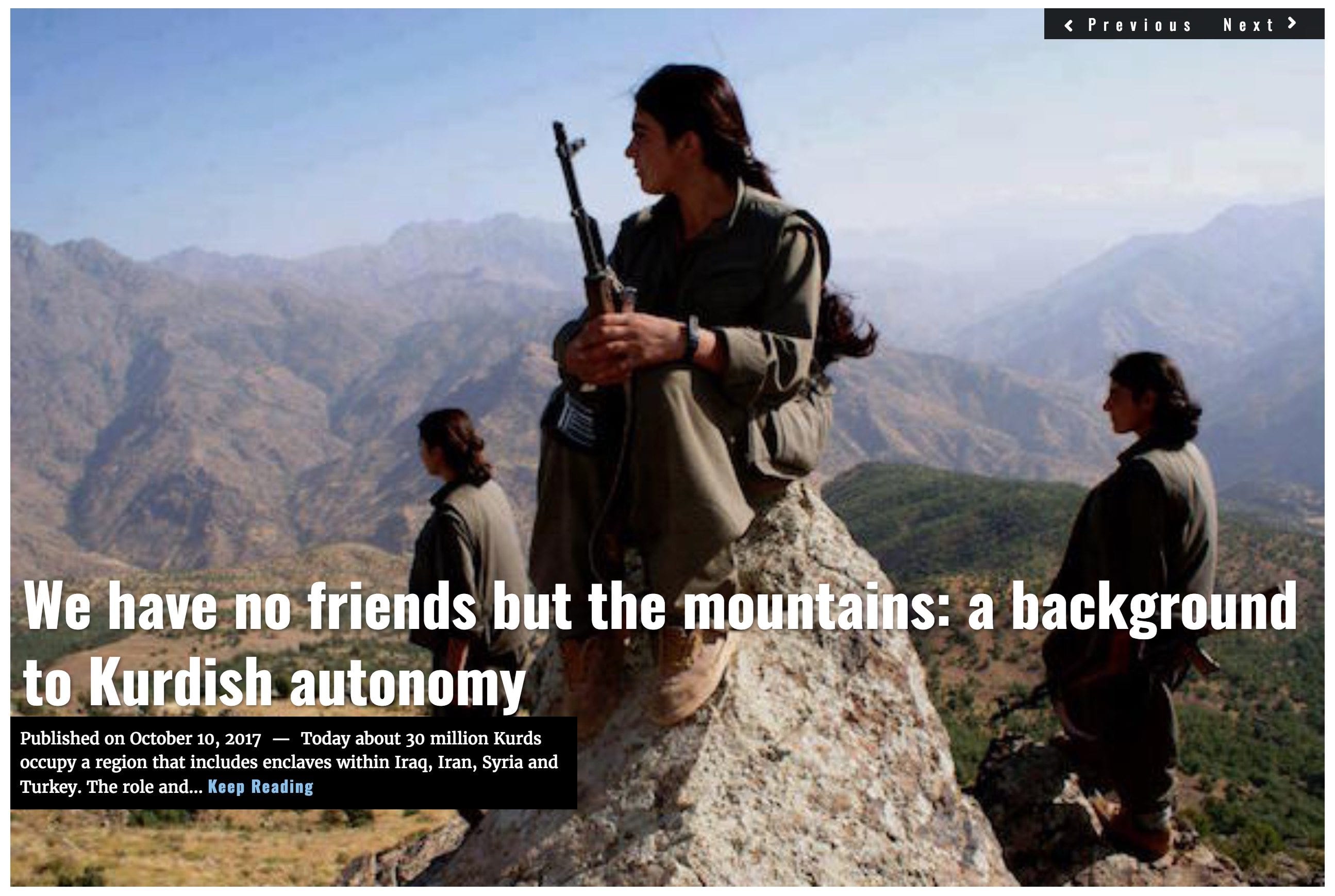

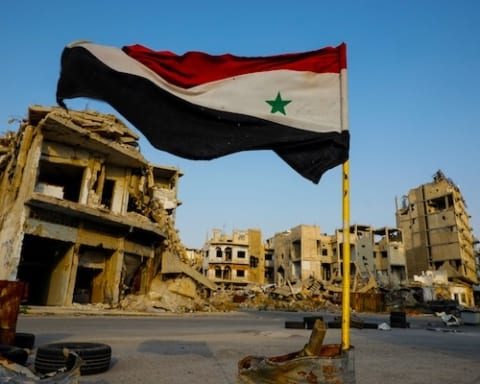
![STRATEGIC OPTION | Syrian Endgame - The Hard Truth [Lima Charlie News][Photo: Bulent Kilic]](https://limacharlienews.com/wp-content/uploads/2019/05/STRATEGIC-OPTION-Syrian-Endgame-e1558501175322-480x384.png)

![The Art of Foreign Influence: The Russian Military Adviser [Lima Charlie News]](https://limacharlienews.com/wp-content/uploads/2019/06/The-Art-of-Foreign-Influence-The-Russian-Military-Adviser-480x384.png)
![Iranian crackdown on MEK shows the activist group has popular support [Lima Charlie News]](https://limacharlienews.com/wp-content/uploads/2019/05/Iran-MEK-Lima-Charlie-001-480x384.png)
